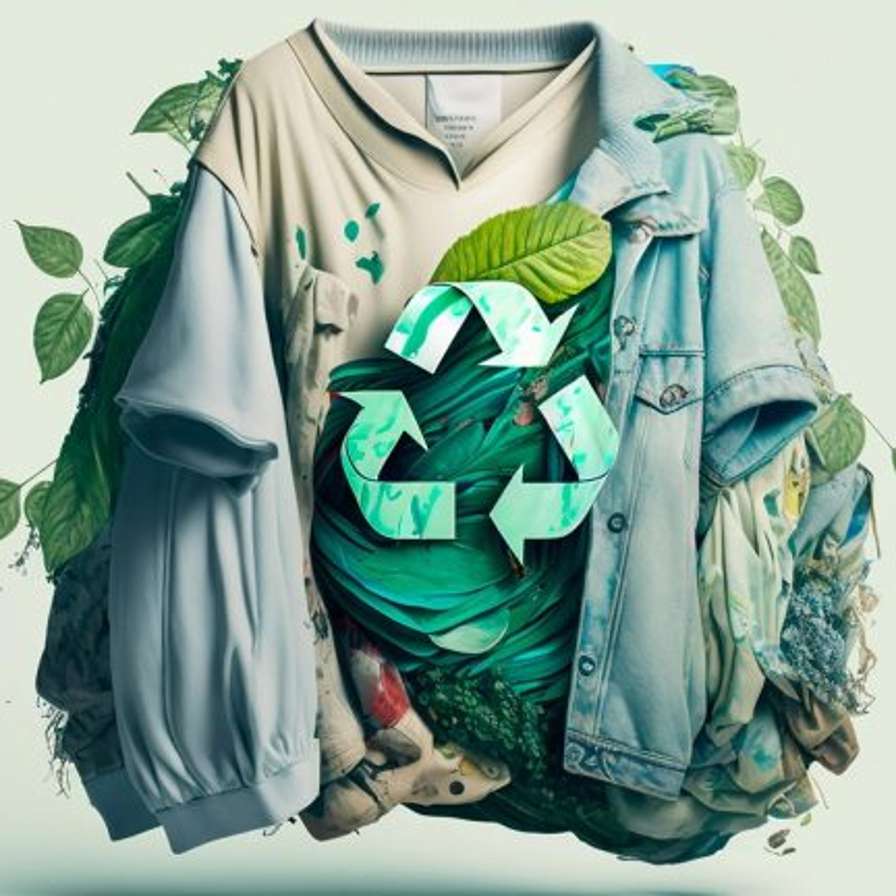Fair fashion

The Fair fashion project is dedicated to transforming Europe’s fashion and textile industry through sustainability and digital innovation. Our goal is to equip educators, businesses, and future professionals with the knowledge and tools needed to embrace greener practices and cutting-edge technologies.
We believe that empowering individuals with practical skills and innovative resources is the key to shaping a sustainable future for the industry. From integrating digital tools like AI and 3D printing into educational practices to fostering environmental responsibility, our project paves the way for a more resilient and ethical fashion sector.
Background
This project enhances university-level fashion and textiles education by integrating sustainability, digital innovation, inclusive entrepreneurship, and leadership. It aims to equip future professionals with the skills to lead and innovate responsibly within European standards. Activities include developing a Green+Digital Toolkit with case studies, hosting interdisciplinary bootcamps, launching a mentorship program with industry leaders, and promoting results through strategic networks. The project will provide educators with training and practical resources while empowering students to apply sustainable, digital, and inclusive practices in real-world fashion contexts, ultimately fostering a more innovative, ethical, and future-ready fashion industry.
Goals
The primary goals of this project are threefold:
1) To support the development of digital and green capabilities of the higher education sector;
2) To supporting the development of innovation and entrepreneurial skills of students;
3) To stimulate innovative learning and teaching practices.
Method
To prepare, we analysed EU and national policies, twin transition reports, academic literature, and training programs. FAIR Fashion addresses the need to empower women innovators in sustainable, digital, and inclusive fashion. Students—especially women—benefit from boot camps and mentoring by female entrepreneurs. Lecturers gain updated toolkits and case studies, while companies, particularly SMEs, engage in practical collaboration. HE leaders receive resources aligned with industry standards to modernize curricula and support cross-sector innovation.
Results
During the project, over 45 educators will use the Toolkit to build new skills, with 30+ joining an Orientation Day for deeper engagement. An additional 250 educators and stakeholders will download, use, or share the Toolkit and Case Studies. These resources will raise awareness, motivate action, and provide practical knowledge to integrate green and digital transitions into fashion and textiles education, ultimately enhancing student competencies and bridging theory with real-world application.
Societal impact
Anticipated impact is multidimensional and will be measured through surveys, focus groups, observations, and analysis of user engagement with resources. For partners and stakeholders, feedback will be gathered via testimonials and questionnaires. EU-level impact will be assessed through conference feedback and stakeholder calls. All indicators are detailed in WPs and supported by data analysis.
Team UAUAS
- Dr. Mike Russell
- Saskia Stoker
- Yulia Zelenina
Grantor
Erasmus+
Partners & stakeholders
- Hochschule Niederrhein University of Applied Sciences (NUAS)
- Amsterdam University of Applied Sciences (AUAS)
- ITU ARI Teknokent
- Istanbul Technical University (ITU)
- Momentum
- European E-Learning Institute (EUEI)